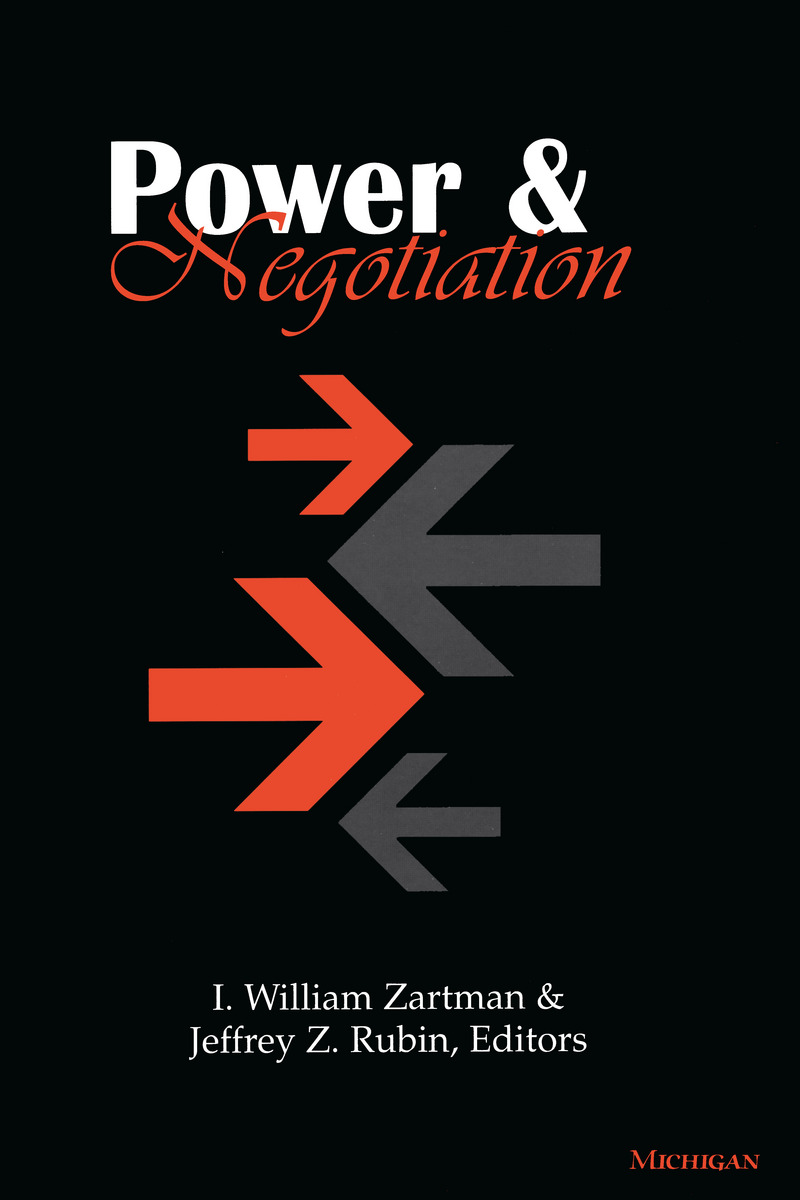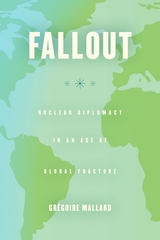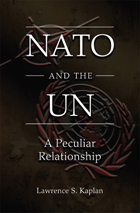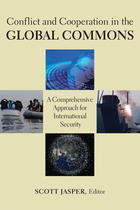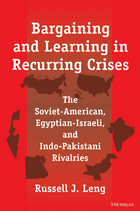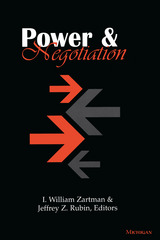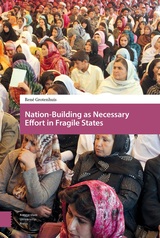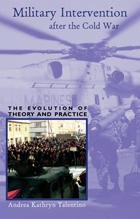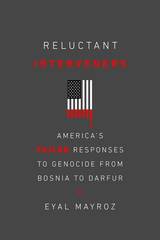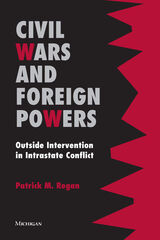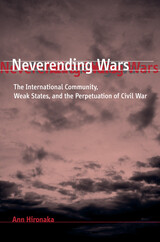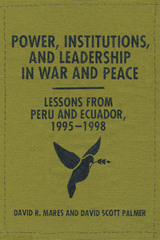Power and Negotiation
University of Michigan Press, 2002
Cloth: 978-0-472-11079-7 | Paper: 978-0-472-08907-9
Library of Congress Classification JZ6045.P69 2000
Dewey Decimal Classification 327.17
Cloth: 978-0-472-11079-7 | Paper: 978-0-472-08907-9
Library of Congress Classification JZ6045.P69 2000
Dewey Decimal Classification 327.17
ABOUT THIS BOOK | AUTHOR BIOGRAPHY | REQUEST ACCESSIBLE FILE
ABOUT THIS BOOK
Using new definitions of the concept of power, this book examines the relations between parties in symmetrical and asymmetrical negotiations. I. William Zartman and Jeffrey Z. Rubin argue that negotiations between countries that are not equal in power tend to be more efficient and effective than symmetrical negotiations. Weaker and stronger parties negotiating together know their roles and are able to get appropriate benefits to each side in a negotiated agreement. This is particularly true when a relationship holds the parties together. In cases of symmetry or near symmetry the countries, whether they are equally weak or equally strong, tend to spend most of their time maintaining their status and waste inordinate amounts of time before they ever come to an agreement. These conclusions run counter to the most accepted wisdom of negotiations, although they do confirm evidence from careful experiments.
Power and Negotiation is a unique study that addresses the concept of power and produces new findings both about the concept itself and about its applications to negotiation. It rejects both the notion of power as a resource and power as an ability. Instead, the work defines power as an act that is designed to cause the other party to move in a desired direction, thus separating the concept both from its source and from its effects and leaving it open to much more detailed analysis. At the same time, it also examines perceived power on the basis of which symmetries and asymmetries in the relations between parties can be identified. It then looks at six cases of clear asymmetry, two cases of symmetry, and one mixed situation. The book ends with a careful examination of lessons for practice and lessons for theory.
The book will appeal to students of negotiation strategy and international relations.
I. William Zartman is Jacob Blaustein Professor of International Organization and Conflict Resolution, The Johns Hopkins University. The late Jeffrey Z. Rubin was Professor of Psychology at Tufts University.
Power and Negotiation is a unique study that addresses the concept of power and produces new findings both about the concept itself and about its applications to negotiation. It rejects both the notion of power as a resource and power as an ability. Instead, the work defines power as an act that is designed to cause the other party to move in a desired direction, thus separating the concept both from its source and from its effects and leaving it open to much more detailed analysis. At the same time, it also examines perceived power on the basis of which symmetries and asymmetries in the relations between parties can be identified. It then looks at six cases of clear asymmetry, two cases of symmetry, and one mixed situation. The book ends with a careful examination of lessons for practice and lessons for theory.
The book will appeal to students of negotiation strategy and international relations.
I. William Zartman is Jacob Blaustein Professor of International Organization and Conflict Resolution, The Johns Hopkins University. The late Jeffrey Z. Rubin was Professor of Psychology at Tufts University.
See other books on: Balance of power | Diplomatic negotiations in international disputes | International Relations | Negotiation | Power
See other titles from University of Michigan Press
